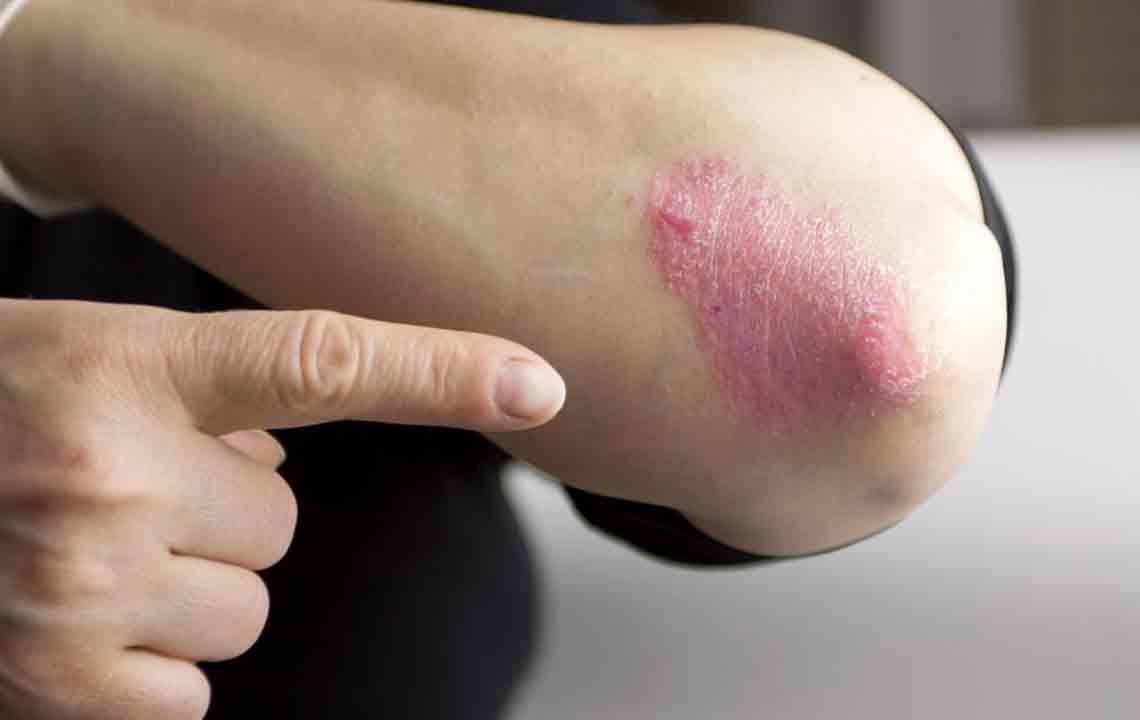Effective Strategies for Managing and Treating Psoriasis
Discover effective and innovative treatments for psoriasis, including biologics, phototherapy, and natural remedies. Learn how immune-targeted therapies and lifestyle approaches can help manage symptoms and improve quality of life. Always consult healthcare professionals for personalized care.

Effective Strategies for Managing and Treating Psoriasis
Psoriasis, often mistaken solely as a skin issue, is actually a long-term, immune-mediated skin disorder characterized by inflammation and abnormal cell growth. If left untreated, it can lead to complications like psoriatic arthritis, heart problems, and Type 2 diabetes. Fortunately, multiple treatment options are available to control symptoms. Common therapies include methotrexate, oral retinoids, and ciclosporin, which mainly alleviate discomfort. Treatment choice depends on overall health, age, severity, existing conditions, and affected areas.
Recent discoveries in immune system research have led to innovative medications that surpass traditional options.
Advanced therapies targeting immune responses include biologics like Anti-TNF-α agents. Psoriasis involves elevated tumor necrosis factor-alpha (TNF-α), which drives inflammation. By inhibiting TNF-α, these drugs reduce immune cell activation and keratinocyte proliferation. Available TNF-α inhibitors include Etanercept, which captures soluble TNF-α and is administered twice weekly to diminish inflammation. Adalimumab, a monoclonal antibody, also neutralizes TNF-α effectively. Certolizumab pegol (Cimzia) is another promising biologic used in advanced stages.
Anti-T Cell therapies like Alefacept target T-cell activation, preventing immunological overdrive and reducing skin inflammation.
Phototherapy, or light therapy, involves carefully administered ultraviolet exposure, which can significantly improve psoriasis symptoms. Home UVB units offer an affordable, convenient option, but insurance coverage should be confirmed beforehand. Combining UVB with systemic medications enhances outcomes. PUVA therapy, involving psoralen and UVA light, is suitable for thick plaques and scalp psoriasis.
Emerging treatments focus on nerve growth factor (NGF) inhibition. Elevated NGF levels in nerve fibers contribute to keratinocyte proliferation during stress. The topical drug CT327 acts as an NGF receptor blocker, offering another avenue for management.
Natural remedies can complement treatment but should be used under medical supervision. Consult a healthcare professional before trying herbal options, especially if other health issues exist. Helpful options include:
Apple Cider Vinegar: Diluted with water, it helps soothe scalp itchiness over a week. Avoid applying to cracked or bleeding skin.
Aloe Vera: Applying pure gel thrice daily reduces redness and scaling. Avoid oral aloe supplements due to potential adverse effects.
Dead Sea Salts: Adding salts to lukewarm baths calms itching and soothes irritated skin.
Capsaicin: Topical creams containing chili pepper extract reduce nerve pain and inflammation but may cause burning sensations; consult a doctor if discomfort persists.
Tea Tree Oil: Its antiseptic properties can aid scalp psoriasis, but patch testing is recommended to prevent allergies.










